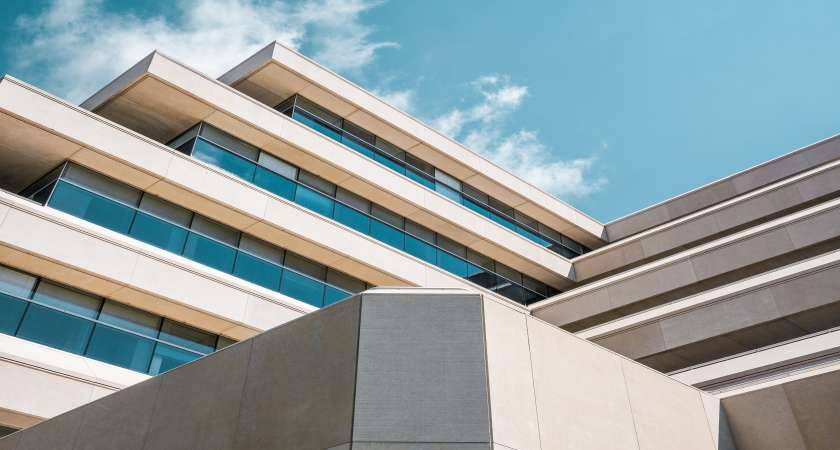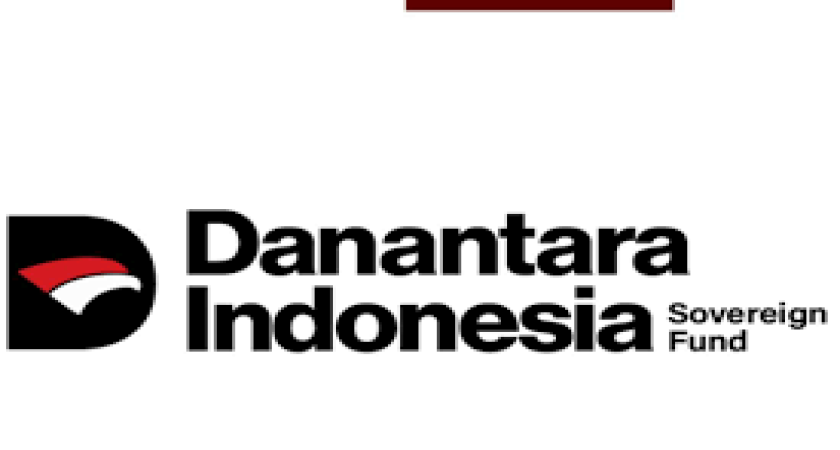In continuation to the previous edition of our legal insight on Land-and-Property Ownership and Utilization in Indonesia ( here ), we provide in this edition, the significant changes of provisions on Building Ownership in Indonesia as stipulated in Law No. 28 of 2002 on Building, lastly amended by Government Regulation in Lieu of Law on Job Creation No. 2 of 2022 ( “Building Law” ), and its implementing regulation, Government Regulation No. 16 of 2021 on Implementation Regulation of Law No. 28 of 2002 on Building ( “GR 16/2021” ).
New Technical Legal Terms
Building Law introduces several new technical, legal terms, namely:
- Construction Service Provider (Penyedia Jasa Konstruksi), a provider of services in the field of construction.
- Expert (Profesi Ahli), a person that meets the competency standard, and appointed by the accredited institutions under the Central Government.
- Building Inspectors (Penilik Bangunan Gedung), hereinafter referred to as “Inspectors”, shall be the individuals who obtain the competencies delegated by the relevant authorities to conduct Inspections on management of buildings.
- Building Approval (Persetujuan Bangunan Gedung or “PBG”), a permit given to the building owner to build a new construction, or renovate, expand, reduce, and/or maintain a building, subject to the Building Technical Standards.
(Article 1 of Building law)
Ownership of Buildings
Under the amended Building Law, every building must fulfil the administrative requirements namely the: (a) status of land rights and/or utilization permit of the land owner; (b) status of the building ownership; and (c) building construction permit (Izin Mendirikan Bangunan or “IMB”) (the “Previous Administrative Requirements”). It is important to note that before the promulgation of Building Law and GR 16/2021, a person or entity should have IMB before he/she or the entity could construct a building on a plot of land.
Since the implementation of Building Law and GR 16/2021, the Previous Administrative Requirements are no longer valid. Instead of an IMB, the building owner is now required to obtain a Building Approval (Persetujuan Bangunan Gedung or “PBG”), as a license to build, renovate, extend, limit, and/or maintain a building in accordance with the building technical standards (“BTS”) (Article 1 (17) of GR 16/2021).
The obtainment of PBG shall be processed electronically through the Building Management Information System (Sistem Informasi Manajemen Bangunan Gedung or “SIMBG”), where the applicant is required to fill in data on the applicant, building, and other technicalities (Article 253 (10) of GR 16/2021). After the submission, the Head of Technical Bureau shall confirm the completeness of the data in SIMBG. Before the issuance of PBG, the Technical Bureau would issue a statement letter confirming that the submitted data is deemed complete, and evidencing the basis for the issuance of PBG.
Building Technical Standards
Based on Building Law, every building must comply with BTS based on its FoB and CoB (Article 7 of Building Law).
The applicable BTS should satisfy the:
- Standard of Building Planning and Design (Standar Perencanaan dan Perancangan Bangunan Gedung);
- Standard of Operation and Supervision of Building Constructions (Standar Pelaksanaan dan Pengawasan Konstruksi Bangunan Gedung);
- Standard of Building Utilization (Standar Pemanfaatan Bangunan Gedung);
- Standard of Building Demolition (Standar Pembongkaran Bangunan Gedung);
- Provisions on Management of Preserved Cultural Heritage Buildings (Ketentuan Penyelenggaraan Bangunan Gedung Cagar Budaya yang dilestarikan);
- Provisions on Special Function Buildings (Ketentuan Penyelenggaraan Bangunan Gedung Fungsi Khusus);
- Provisions on Green Buildings (Ketentuan Penyelenggaraan Bangunan Gedung Hijau);
- Provisions on State-owned Buildings (Ketentuan Penyelenggaraan Bangunan Gedung Negara);
- Provisions on Documents (Ketentuan dokumen); and
- Provisions on Building Contractors (Ketentuan Pelaku Penyelenggaraan Bangunan Gedung).
(Article 13 of GR 16/2021)
Functions and Classifications of Buildings
Building Law stipulates that every building must obtain FoB and CoB (Article 5 (1) of Building law).
FoB shall be implemented as regulated in the detailed spatial plan and set out in PBG (Article 6 (1) & (2) of Building law). Under Article 4 (1) of GR 16/2021, FoB should comply with the technical standards of building layouts, environment, and reliability.
In this regard, FoB should meet one of the required:
- esidential function (fungsi hunian), mainly for human residing;
- religious function (fungsi keagamaan), mainly for religious activities;
- business function (fungsi usaha), mainly for conducting business activities;
- social and cultural function (fungsi sosial dan budaya), mainly as venues for social and cultural activities;
- special function (fungsi khusus), as determined by the related authorities.
(Article 4 (2) & Article 5 of GR 16/2021)
Under Building Law, a building can have mixed functions, one of which, should be the main function, and the others as the additional functions (Article 4 (3) & (6) of GR 16/2021). In the event of mixed functions, the building shall be built without causing negative impacts on the users and surrounding environment, while its construction shall comply with the technical standards of all related functions (Article 7 of GR 16/2021).
Further, CoB shall be used to classify a building based on the:
- level of complexity (tingkat kompleksitas);
- level of permanency (tingkat permanensi);
- level of fire hazard risk (tingkat risiko bahaya kebakaran);
- location (lokasi);
- height of the building (ketinggian Bangunan Gedung);
- building ownership (kepemilikan Bangunan Gedung); and
- class of the construction (klas bangunan).
(Article 9 (1) of GR 16/2021)
Parts of a building can be used for incidental activities as long as they do not cause disruptions to users or operations of the other parts of the building. Such parts of the building shall be deemed to have the same classification as the main building has. A building could have a plural classification if some parts of the building are classified separately (Article 10 (2) & (3) of GR 16/2021).
Management of the Building
Management of a building shall cover the activities of construction, utilization, conservation, and demolition of that building. Such activities shall be conducted by the building’s management team consisting of the owners, construction service providers, Experts, Inspectors, Technical Reviewers, and Users in compliance with the technical standards (Article 34 of Building Law).
In regards to building utilization shall be carried out by the building owners and/or users after obtaining the proper function certificate (Sertifikat Laik Fungsi or “SLF”) (Article 37 (1) of Building Law).
SLF shall be issued by the Central or Regional Government according to their authority based on the statement letter of proper function submitted by the construction management or supervisory services provider to the relevant authorities through an electronic system provided by the Central Government based on the norms, standards, procedures, and criteria set by the Central Government (Article 37 (2) of Building Law).
Sanctions
Administrative Sanctions shall be imposed on the building owners, users, service providers, experts, or inspectors for failing to meet the obligations concerning the functions, requirements, and/or proper management of the building as referred to Building Law (Article 44 of Building law). The administrative sanctions can be in the form of:
- written warning;
- restriction of construction activities;
- temporary or permanent suspension of construction works;
- temporary or permanent suspension of building utilization;
- suspension of PBG;
- revocation of PBG;
- suspension of SLF;
- revocation of SLF; and
- order of demolition.
(Article 45 of Building law)
The article above was prepared by Marshall S. Situmorang (Partner) and Audria Putri (Senior Associate) .









